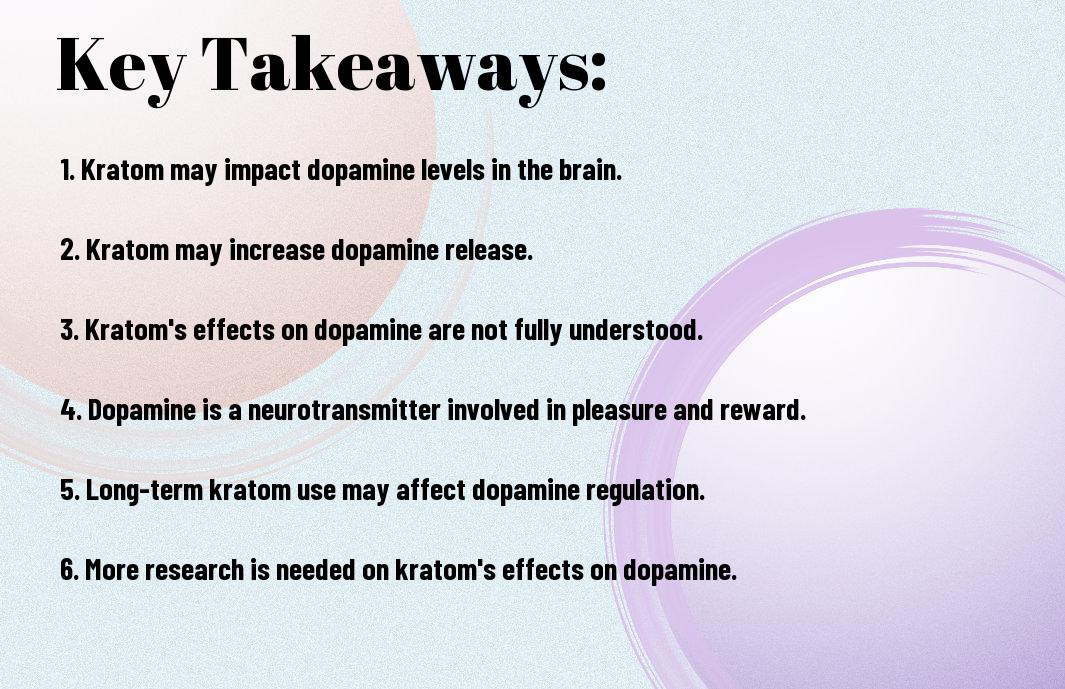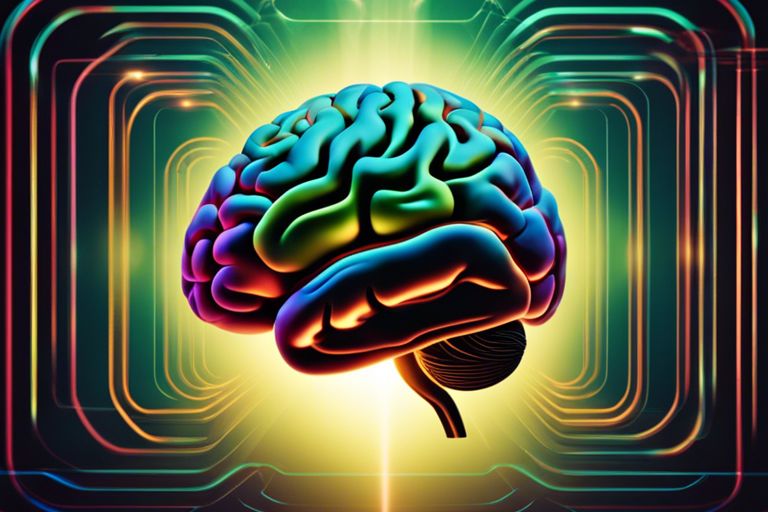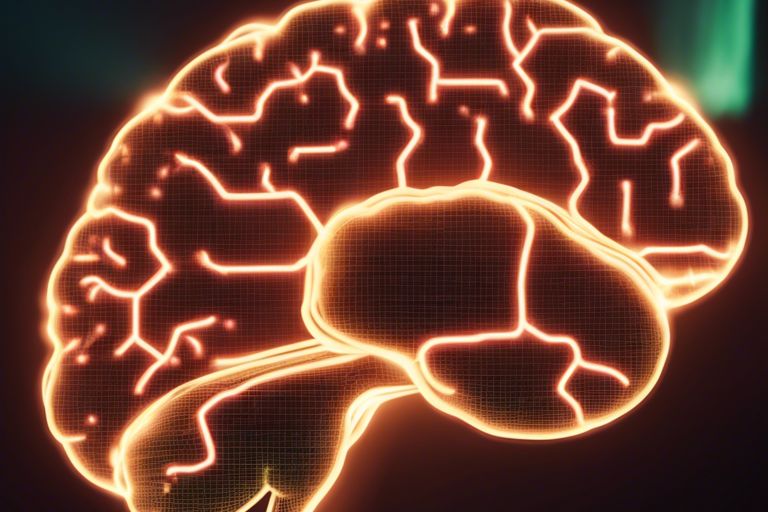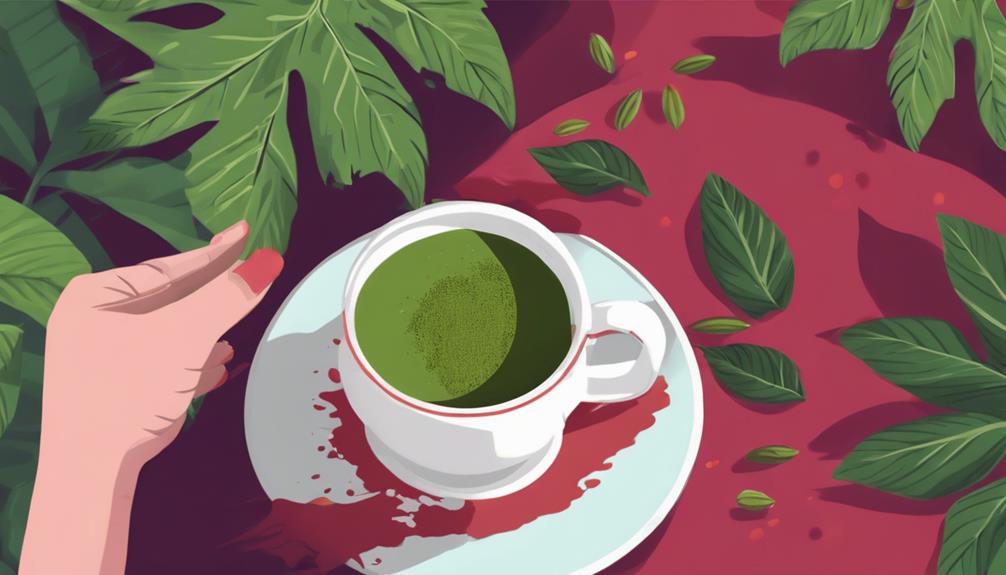When you consume kratom, it interacts with your brain’s dopamine system, affecting your mood, motivation, and reward pathways. According to A Pilot Study of the Striatal Dopamine Transporter Levels in …, kratom may impact dopamine levels in the brain, potentially leading to feelings of pleasure and well-being. Understanding how kratom affects dopamine can provide insights into its potential effects on your mental and emotional state.

The Basics of Dopamine
What is Dopamine?
For many people, dopamine is known as the “feel-good” neurotransmitter in the brain. It plays a crucial role in how we experience pleasure and reward. Dopamine is produced in several areas of the brain, including the substantia nigra and the ventral tegmental area. This neurotransmitter is involved in various functions such as motivation, memory, and movement.
The Role of Dopamine in the Brain
Dopamine is a key player in the brain’s reward system. It is released when you engage in pleasurable activities such as eating delicious food, exercising, or spending time with loved ones. Dopamine reinforces these behaviors by creating a sense of enjoyment and satisfaction. Additionally, dopamine plays a role in regulating mood, attention, and decision-making processes.
Plus, dopamine is important for motor control and coordination. When dopamine levels are disrupted, it can lead to movement disorders such as Parkinson’s disease. This neurotransmitter is crucial for maintaining a healthy balance in the brain and promoting overall well-being.
Kratom and Its Effects
What is Kratom?
An ancient herbal supplement, Kratom comes from the leaves of the Mitragyna speciosa tree native to Southeast Asia. It has been traditionally used for its stimulating and pain-relieving effects. Kratom is usually consumed by brewing the dried leaves into a tea or by chewing the leaves directly.
How Does Kratom Work?
When you ingest Kratom, it interacts with the opioid receptors in your brain, producing effects similar to opioids and stimulants. The active compounds in Kratom, mitragynine, and 7-hydroxymitragynine, bind to these receptors, leading to pain relief, improved mood, and increased energy levels.
With regular use, your body may build tolerance to Kratom, requiring higher doses to achieve the same effects. Abruptly stopping Kratom can lead to withdrawal symptoms, reinforcing its potential for dependence.

The Connection Between Kratom and Dopamine
Kratom’s Impact on Dopamine Levels
Not only does kratom interact with opioid receptors in the brain, but it also affects dopamine levels. Dopamine is a neurotransmitter associated with pleasure, reward, and motivation. When you consume kratom, it can lead to an increase in dopamine levels, similar to how other substances like drugs or alcohol may impact dopamine release.
One potential consequence of kratom’s influence on dopamine is the feelings of euphoria or relaxation that users report experiencing. This interaction with the dopamine system is one reason why kratom is often used to elevate mood or alleviate stress and anxiety.
The Science Behind Kratom’s Dopamine-Boosting Effects
Behind the scenes, kratom’s dopamine-boosting effects are related to its ability to bind to mu-opioid receptors in the brain. These receptors are involved in the reward pathway that regulates dopamine release. By interacting with these receptors, kratom can indirectly influence dopamine levels, providing a sense of pleasure and well-being.
Effects of prolonged use of kratom on dopamine regulation are still being studied. It’s vital to note that while kratom may have dopamine-boosting effects, prolonged or excessive use can lead to tolerance, dependence, and potential adverse effects on dopamine regulation.
The Benefits of Kratom on Dopamine
Mood Enhancement
One of the benefits of kratom on dopamine is its ability to enhance your mood. Kratom interacts with the brain’s dopamine receptors, leading to a release of this feel-good neurotransmitter. This can result in feelings of euphoria, happiness, and overall improved mood.
Pain Relief
Mood
Kratom’s effect on dopamine levels can also help alleviate pain. Dopamine is involved in the brain’s pain pathways, and when released, it can inhibit the transmission of pain signals, providing relief from discomfort. This natural pain-relieving property of kratom makes it a popular choice for those seeking alternative remedies for chronic pain.
Benefits
Increased Motivation
To
One of the key benefits of kratom on dopamine is its ability to increase motivation. Dopamine is known as the “motivation molecule” as it plays a crucial role in how we feel driven and motivated. By influencing dopamine levels, kratom can help you feel more focused, energized, and motivated to tackle tasks and pursue your goals.
This
Potential Risks and Side Effects
Dopamine Imbalance
Once again, it’s important to note that kratom’s impact on dopamine levels can potentially lead to an imbalance in your brain chemistry. Dopamine is a crucial neurotransmitter that affects various functions such as mood, motivation, and pleasure. Using kratom regularly and in large amounts may disrupt the natural balance of dopamine in your brain, causing mood swings, depression, or even cognitive issues.
Dependence and Addiction
On the other hand, kratom consumption has the potential to lead to dependence and addiction. This is because kratom interacts with the opioid receptors in the brain, similar to how opioids work. Your brain may develop a tolerance to kratom over time, leading you to increase your dosage to achieve the desired effects. This cycle of increasing dosage can eventually lead to dependence and addiction.
Imbalance in dopamine levels and the development of dependence on kratom can have serious consequences on your overall well-being. It’s crucial to be aware of these risks and monitor your kratom usage carefully.
Interactions with Medications
With kratom’s complex interactions with brain receptors, there is a risk of interactions with medications you may be taking. Kratom can affect enzymes in the liver that are responsible for metabolizing certain drugs. This can lead to either decreased or increased effectiveness of these medications, potentially causing adverse effects.
Risks associated with interactions between kratom and medications emphasize the importance of consulting with a healthcare professional before using kratom, especially if you are taking any prescription medications.
How Does Kratom Affect Dopamine Levels in the Brain?
Kratom’s effect on dopamine levels in the brain is a topic of ongoing research. Some studies suggest that kratom can increase dopamine levels, potentially leading to feelings of euphoria and pleasure. However, prolonged use may disrupt normal dopamine function, leading to dependence and withdrawal symptoms. More research is needed to fully understand kratom’s effect on dopamine.
How Does Kratom Affect Dopamine Levels in the Brain?
Kratom’s uses and benefits include its potential impact on dopamine levels in the brain. Some studies suggest kratom may affect dopamine release and reuptake, leading to mood enhancement and possible addiction. However, more research is needed to fully understand how kratom interacts with the brain’s dopamine system.
Real-Life Applications
Using Kratom for Depression
To combat depression, kratom can be a useful tool in your arsenal. The plant’s ability to increase dopamine levels can help elevate mood and alleviate feelings of sadness or hopelessness. By taking kratom responsibly and in moderation, you may find relief from the symptoms of depression.
Kratom as a Natural Energy Booster
Applications
Booster
Kratom for Anxiety Relief
Energy
Understanding
Summing up
Upon reflecting on the effects of kratom on dopamine, it is evident that kratom can impact dopamine levels in the brain, leading to mood regulation, pain relief, and potential for addiction. By increasing dopamine production, kratom can provide a sense of well-being and euphoria, which may contribute to its recreational use. However, it is crucial to be aware of the potential risks associated with altering dopamine levels and the development of dependence on kratom.
FAQ
Q: What does kratom do to dopamine?
A: Kratom interacts with dopamine receptors in the brain, leading to an increase in dopamine levels. This can result in feelings of euphoria, pleasure, and improved mood.
Q: Is kratom addictive due to its effects on dopamine?
A: Yes, kratom can be addictive because of its impact on dopamine levels. Regular use may lead to dependence and withdrawal symptoms if usage is abruptly stopped.
Q: Can kratom help with conditions related to dopamine imbalance?
A: Some users claim that kratom helps alleviate symptoms of depression and anxiety, which can be linked to dopamine imbalance. However, more research is needed to validate these claims.
Q: What are the potential risks of using kratom for its effects on dopamine?
A: Excessive use of kratom to manipulate dopamine levels can lead to addiction, tolerance, and potential negative effects on overall mental and physical health.
Q: How does kratom compare to other substances that affect dopamine levels, like prescription drugs?
A: Kratom’s effects on dopamine are generally milder than those of prescription drugs like opioids or stimulants. However, this does not mean it is safe or without risks.
Q: Can kratom interact with medications that target dopamine receptors?
A: Kratom may interact with medications that affect dopamine levels, potentially leading to undesired effects or reducing the efficacy of the prescribed medication. It is important to consult a healthcare professional before using kratom alongside other medications.
Q: Are there natural alternatives to kratom for regulating dopamine levels?
A: Yes, certain activities like exercise, meditation, and a balanced diet can help regulate dopamine levels naturally. Consulting with a healthcare provider for personalized recommendations is advisable.









